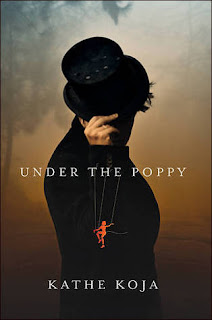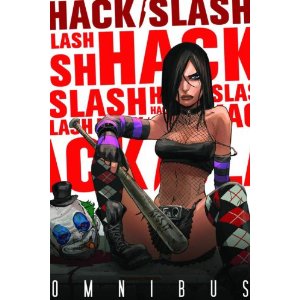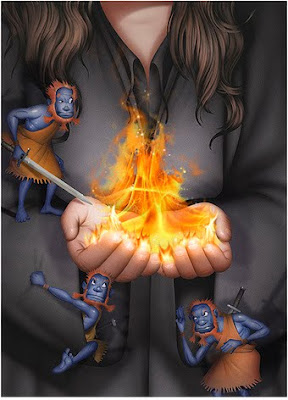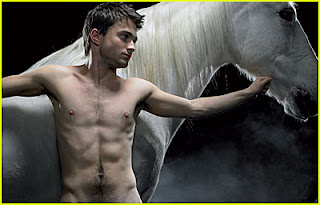Under the Poppy by Kathe Koja
ISBN: 978-193152070-6
From a wartime brothel to the intricate high society of 1870s Brussels, Under the Poppy is a breakout novel of childhood friends, a love triangle, puppet masters and reluctant spies.
Under the Poppy is a brothel owned by Decca and Rupert. Decca is in love with Rupert but he in turn is in love with her brother, Istvan. When Istvan comes to town, louche puppet troupe in tow, the lines of their age-old desires intersect against a backdrop of approaching war.
Hearts are broken when old betrayals and new alliances – not just their own – take shape, as the townsmen seek refuge from the onslaught of history by watching the girls of the Poppy cavort onstage with Istvan’s naughty puppets.
With the war growing ever closer, Istvan and Rupert abandon the Poppy. Embroiled in the intrigues of high society, they try to avoid becoming puppets themselves in the hands of powerful men they have helped before – and who now want to use them again.
Under the Poppy is a vivid, sexy, historical novel as delicious and intoxicating as the best guilty pleasure.
***
Aside: Indeed, I have returned from the land of academic pursuits to actually write a review of my own. Hopefully things have settled down for a bit now so I'll be able to entertain you without the much appreciated help of my lovely friends.
My Thoughts:
Some of you may recognize the name Kathe Koja as it seems likely that you’ve come across her work if you’re reading this review blog. I particularly enjoyed Skin when I read it some years ago and I’m still trying to track down copies of her earlier novels. Sadly (for me in my strange anti-YA snobbery), she wrote a whole bunch of YA novels, but now, finally, she has written Under the Poppy a book I can read because it’s meant for adults.
Of course, now I’m not sure what exactly to say about the novel. I liked it, yes, although there are a few things that didn’t quite work for me.
Right, so this might be a bit spoiler-y. Hence if that bothers you, skip ahead (You're okay to read again after one paragraph!).
The novel is called Under the Poppy and it starts out at the brothel, but it’s only set there for the first part, which, well enough, there was a war on and they had to flee. Reference is made to both the brothel and the idea of going “under the poppy” to forget the past throughout the latter part of the story. What really got me is that the back cover blurb makes a big deal about the relationship between Decca, Rupert and Istvan. Well, Decca stays at the Poppy and we never hear what happens to her after Rupert and Istvan leave. That really bothered me. Within the narrative it makes some sense that no one hears what happens to her, but since there are multiple points of view throughout, it would have been possible to get a glimpse of what happens. All we find out is that the name is changed back to The Rose and Poppy and that Decca is still there, but that’s it. Somehow there wasn’t enough closure there for me.
Another problem I had with the novel is that at times I was a little bit lost as to the setting. Mostly this sense of confusion was related to what town or city we were in. Though, I guess that ultimately it doesn’t matter so much what city we’re in, but I was a little distracted trying to get a sense of place.
Let’s move on to the good things!
Throughout the story there is an undercurrent of darkness. I can think of no better way than this to describe it and it keeps you reading, pulls you on and on through the narrative. Tied into this sense of the creeping grotesque is the fact that Koja is skilled at depicting how close to insanity art can come. I have fond memories of the mad genius of Skin – how far Koja was willing to push her story and her characters for the sake of their art and there is a similar feeling here. Istvan is driven and he cannot be anything other than what he is – a player, an actor and puppeteer. At the same time, he is drawn to Rupert and Rupert to him. Their relationship is painfully real – nothing is perfect or sugar-coated. They hurt each other, they try to mend their rifts, attempt forgiveness and do their best to accept the other as they are. It’s superbly done. Not only are these two main characters developed, but most of the side cast has some dimension to them, too.
Last but not least, I want to comment on the style. For me, it’s at once sparse and lush, a strange mixture I know, and seemingly contradictory. Koja doesn’t dwell on scenery that is unimportant so that everything you “see” is relevant to the narrative. The way she weaves images and sentences is quite pretty.
Overall, then, my opinion is positive. If you’re looking for a slightly different, slightly darker historical fiction novel, this might just be it. I know that I’ll be looking for her next non-YA novel in the future (yes, I know it’ll likely be a while since this one was just released a few months ago. I can be patient when I need to be.).
P.S.: I really like the cover.
P.P.S: Did I mention that there were puppets? And that they are a little bit creepy? Well, there are and they are!
P.S.: I really like the cover.
P.P.S: Did I mention that there were puppets? And that they are a little bit creepy? Well, there are and they are!





























